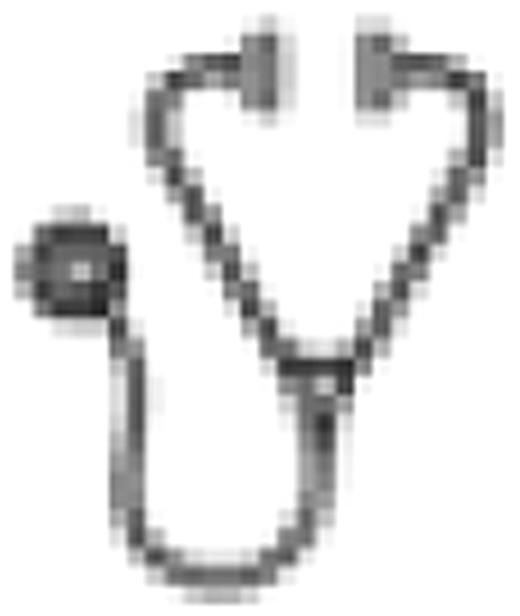Abstract
Abstract 3667
Afibrinogenemia is a rare coagulation disorder transmitted as an autosomal recessive trait. In Iran, where consanguineous marriages are common coagulation disorders occur approximately ten times more frequently than in western countries. Afibrinogenemia is characterized by abnormal thrombin time, prothrombin time, activated partial thromboplastin time and absent plasma fibrinogen levels. We investigated the clinical manifestations of bleeding and thrombosis in a series of patients with Afibrinogenemia in Iran. To our knowledge this is the largest series ever reported.
All patients in our cohort were diagnosed and registered in the Iranian National Registry of Inherited Bleeding Disorders. Every patient with an inherited blood disorder is reported to this registry because it is the only source of free treatment for bleeding disorders in the country. Afibrinogenemia has been tracked in Iran since 1965. Diagnoses in all patients was confirmed when plasma fibrinogen levels were absent both as functional activity (the Clauss method) and using the antigen level (electroimmunoassay). We retrospectively evaluated data from all 90 Afibrinogenemia patients available in the registry.
There were 46 males and 44 females in our cohort. Ages ranged from 1 to 71 years. 82% of patients were born from consanguineous marriages with asymptomatic parents. The most frequent symptoms in our patients were umbilical cord bleeding (87%), hematomas (74%) epistaxis (70%) and hemarthrosis (52%). Central nervous system bleeding was relatively rare (2.2%). In women of reproductive age, menorrhagia occurred in 75% of cases. Recurrent spontaneous abortions (more than 2) were seen in 28% of women (range 2 to 6). With prophylactic treatment (cryoprecipitate and limited fibrinogen) two (16.6%) of our patients with recurrent spontaneous abortion out of the 12 treated were able to carry pregnancies to term. A total of 7 patients in our population developed arterial or venous thromboses (3 males and 4 females). Four cases of the thromboses observed occurred after infusion of fibrinogen concentrate. Three episodes of spontaneous thrombosis were observed including a case of mesenteric thrombosis.
Afibrinogenemia is associated with severe and life threatening bleeding symptoms. Treatment can help women afflicted with this disease carry pregnancies to term. As reported elsewhere, thrombotic complications both spontaneous and acquired from treatment were also seen in our population.
No relevant conflicts of interest to declare.

This icon denotes an abstract that is clinically relevant.
Author notes
Asterisk with author names denotes non-ASH members.

This feature is available to Subscribers Only
Sign In or Create an Account Close Modal